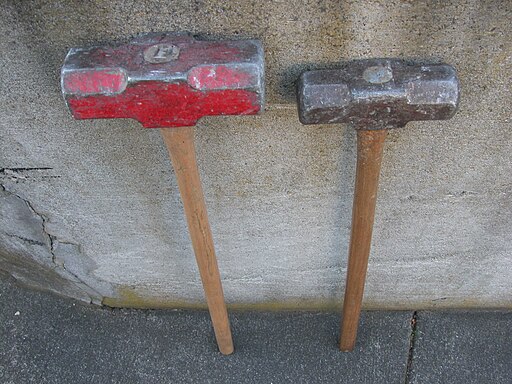ARTchivist's Notebook: Should you use the term "decolonize"?
Should you use the term "decolonize"?
When I started my DEI metadata consulting business about 18 months ago, I thought it would be cool to say I was "decolonizing data". That was the buzzword at the time; I had written an article about how a museum was "decolonizing" its collection; I even registered a domain name. But thankfully the good librarian in me took over, and I decided to learn more about the term, what it means and where it came from. I was lucky to come across "Decolonization is not a metaphor" by Eve Tuck and K. Wayne Wang, and it stopped me cold in my tracks. Not only should I not use that term glibly, I needed to rethink what I do as a metadata professional and writer committed to accurate and respectful representation of marginalized peoples.
I recently revisited the article in an Indigenous study group, and was reminded of the radical nature of its argument. For Tuck and Yang, decolonization is unequivocally tied to land and the resources and responsibilities that come with it. All American wealth and power proceeds from our usurpation of the land, our exploitation of its resources, and our attempted eradication and replacement of Indigenous people. Unless we are actively engaged in giving the land back—every inch of it—we should not say we are "decolonizing" anything. Decolonization requires an upheaval as world-changing as the one that imperialism and colonization wrought in the first place. Every structure, every institution, every value we hold as a society is part of the settler colonial project of domination, exploitation, and abuse.
While this is depressing, it doesn't need to be defeating. A fellow study group member pointed me to this very theoretical, very difficult article, "Slavery is a Metaphor" (apologies if it's behind a paywall for you) by Tapji Garba and Sara-Maria Sorentino. It critiques Tuck and Yang's argument by asserting that the institution of slavery—the idea that some people (citizens) are seen as worthy of representation in government while others (enslaved persons) are not—predated and provided the conditions for the conquest of the Americas and other regions, which led to the creation of the settler colonial state. Whew! Basically, what I took away from it was that the idea of slavery, functioning metaphorically, allowed for the dehumanization of Indigenous populations that colonizers used to justify the land grab at the center of Tuck and Yang's argument.

Sooo....this rather tortuous line of thinking allowed me to rethink what I do, as a metadata consultant and a writer, not as decolonization, but as representation. While we can't "decolonize" our catalogs or DAMs—because they are inherently colonial—we can expand the types of people represented within them. We can make sure that those people are consulted and represented as they would like to be (or not represented, if they choose). As Audre Lorde famously said, "The master's tools will never dismantle the master's house," but perhaps we can use them to make it more roomy and welcoming.
A few recent ways I've been "representing":
An LA Times feature about contemporary Asian American artists: L.A. artists offer personal lens on Asian American diaspora in new ‘Off Kilter’ show
A blog post for Tenovos on the importance of DEI for DAM: Understanding the Impact of Diversity, Equity & Inclusion in Digital Asset Management
A Metadata Learning & Unlearning post on bringing museum metadata into the 21st century with Wikidata: Words Matter: Reconciling museum metadata with Wikidata
Image credits:
Top: A storm over Great Sand Dunes National Park, Christian Collins, CC BY-SA 2.0 via Wikimedia Commons
Bottom: Some master's tools, Shakespeare at English Wikipedia, CC BY-SA 3.0 via Wikimedia Commons
Thanks for reading! If you have any comments or questions about this issue, please feel free to get in touch. Or follow me on LinkedIn or Twitter @SharonMizota.
ARTchivist's Notebook is an occasional newsletter musing on the intersection of archives, art, and social justice by me, Sharon Mizota, DEI metadata consultant and art writer.
I help museums, archives, libraries, and media organizations transform and share their metadata to achieve greater diversity, equity, and inclusion. Contact me to discuss your metadata project today.
